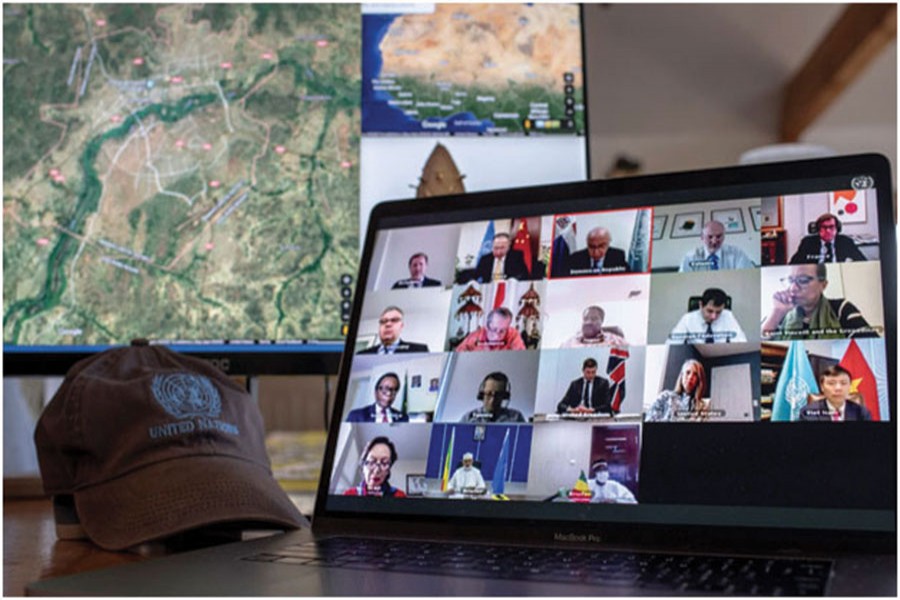The current financial crisis, triggered as a result of withholding or delaying payment of assessed contributions by Member States, is nothing new to the United Nations.
We have travelled that road quite a few times in recent decades. No reason to panic. The past crises have been somehow resolved in a manner that UN soon went back to business as usual mode.
The discussions and suggestions for avoiding such situations in the future were forgotten very quickly. This is true for the Member States as well as the UN Secretariat leadership. Such forgetfulness and lack of serious attention to lessons learned actually serve narrow parochial interests of both sides.
Tough decisions needed for avoiding future financial and liquidity crises needed genuine engagement of all sides, yes, ALL sides, in particular the major "assessed" contributors.
Today's financial and liquidity crisis is not caused by recent withholding of payments by a few major contributors for political reasons. Outstanding contributions for UN's regular budget have reached $2.27 billion this month.
Peacekeeping operations also face increasing liquidity pressure as the outstanding contributions for that area are approximately $3.16 billion. These accumulations have been building up for some years.
Why no extra effort was made by all sides well ahead of time to avoid the current panic? The situation has now got complicated by the ongoing Covid-19 pandemic.
Ambassador Anwarul K. Chowdhury is a former Under-Secretary-General and High Representative of the UN (2002-2007), Permanent Representative of Bangladesh to UN (1996-2001) and Chairman of the UN General Assembly's Administrative and Budgetary Committee (1997-1998)
—Inter Press Service, April 17, 2020


